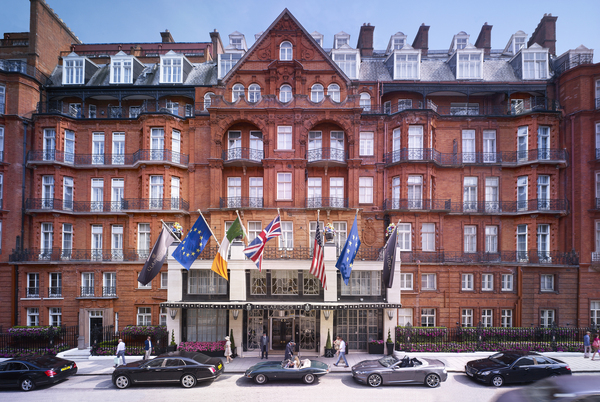Wake up call: When does workplace banter become bullying?
Poorly judged jokes that cross a discrimination line can lead to serious consequences. Joanne Moseley looks at when banter stops being funny
W hile at work, it’s normal to crack jokes with a colleague, but when does harmless banter become workplace bullying? Whether it’s a colleague, manager or boss, it’s difficult to cope with bullying at work. Irwin Mitchell found that 39% of those working in the hospitality industry have experienced bullying disguised as banter. So, what should you do in this situation?
The law
The Equality Act 2010 protects individuals from discrimination on specific grounds, known as protected characteristics. There are nine of these, including age, disability, sex, sexual orientation, religion and belief, sexual harassment and race.
Workers are protected if another person they work with engages in unwanted conduct that is related to one of these protected characteristics and has the purpose or effect of violating their dignity or creating an intimidating, hostile, degrading, humiliating or offensive environment for that worker.
They don’t need to have the protected characteristic to bring a harassment claim, so, for example, a man will be protected if his is offended by homophobic banter even if he isn’t gay. Similarly, a woman might be offended by sexist comments made by her male colleagues which aren’t directed at her.
Expert advice
The word banter regularly crops up when dealing with harassment claims. Staff may see banter as harmless fun – and it can be in some social contexts –and they may mistakenly think it’s fine to tell a risqué or controversial joke at work provided they don’t intend to offend anyone. That’s not the case. The person who is causing offence doesn’t have to intend to do so – it’s the impact on the ‘victim’ that counts, and they will be protected even if someone else wouldn’t have reacted in the same way.
Employers need to make it clear that not everyone will share their sense of humour, but that they may feel uncomfortable speaking out about it. They should avoid making personalised comments or jokes about colleagues and shouldn’t make assumptions about people based on what they look like, what they believe in or their abilities to insult other people.
We recommend employers explain what types of behaviour are unacceptable and what will happen if staff breach those standards. This is usually set out in a policy which is then reinforced via training.
To-do checklist
It’s important employees are trained to identify unlawful behaviour within the workplace. Raising awareness of these bad behaviours, and how to report bullying, is how the pattern can be reduced. An employee should:
- Tell a colleague if their joke has made someone uncomfortable. Sometimes we aren’t aware of how our words affect others, so it could just be a simple misunderstanding.
- Act on any reported workplace bullying. This could be jokes made about age, appearance, race, sex, sexual orientation, or a disability. If an employee is being victimised, negotiating with or removing the perpetrator from the business is the appropriate option.
- Don’t ignore the issue. Ignoring bullying within the workplace will only prolong the issue and could require legal involvement.
Beware
If a business behaves unlawfully towards its employees or ignores discriminatory behaviour, it could be sued for discrimination in an employment tribunal. If an employee resigns because they have been discriminated against, they will also be able to bring a claim of constructive dismissal (although a minimum length of service is necessary). Employment tribunals will order employers that lose these claims to pay hefty compensation to the victim.
Joanne Moseley is lead practice development Lawyer at Irwin Mitchell LLP



















